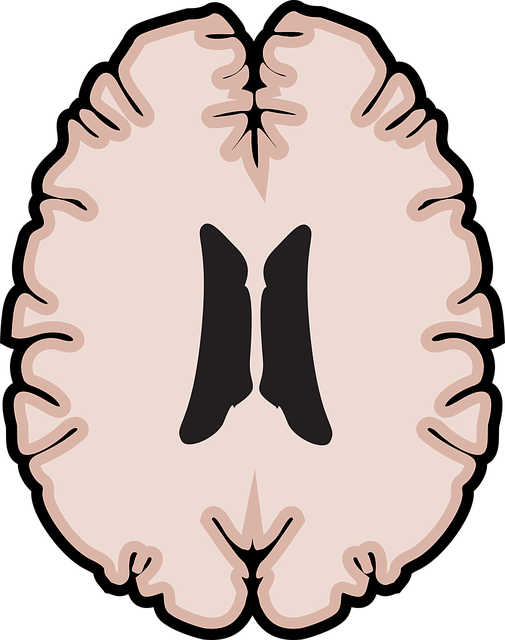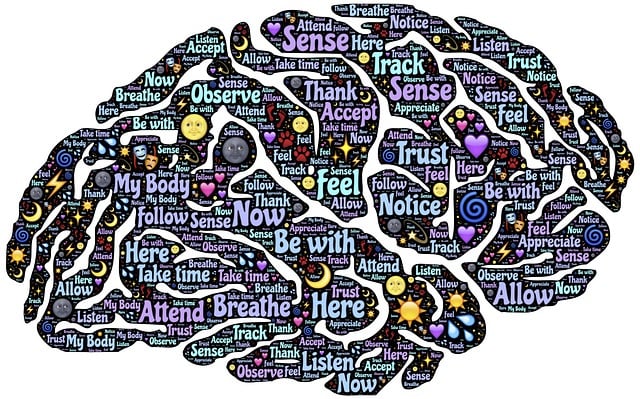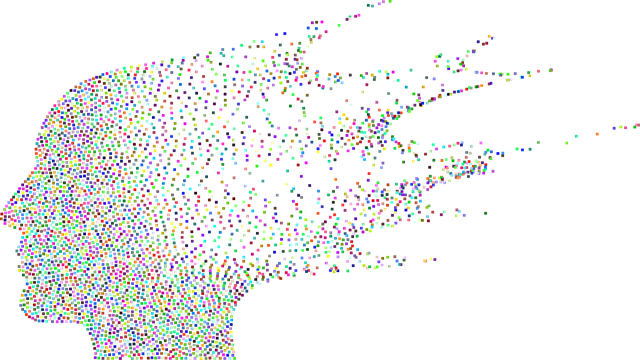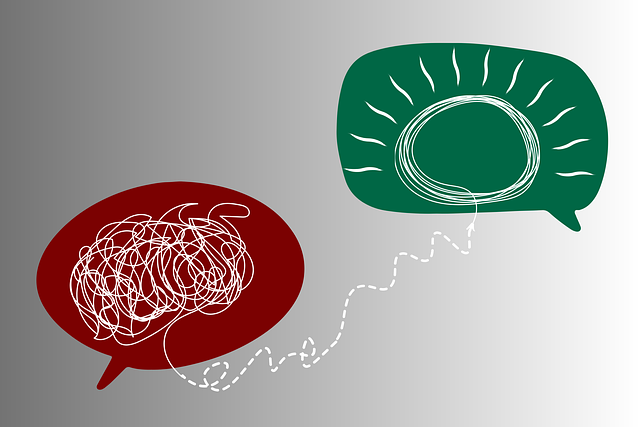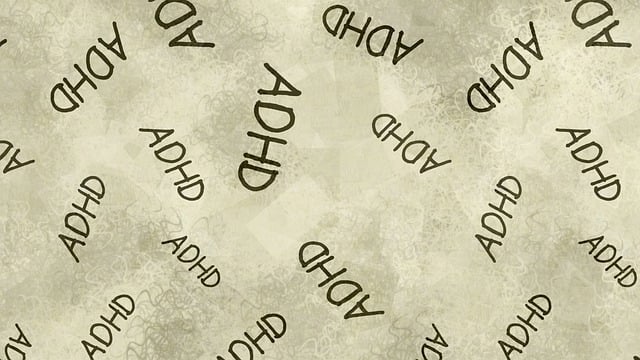The Boulder International Adoptions Therapy (BIAT) Framework provides a holistic approach to mental wellness by integrating cultural context with strategies for improving self-esteem and patient engagement. This includes tailored communication, community outreach programs, and comprehensive evaluation tools. BIAT leverages standardized questionnaires, surveys, interviews, and focus groups to measure specific mental health concerns and track improvements in both individual and collective well-being. Feedback from participants, public awareness campaigns, and Mental Wellness Journaling Exercises complement quantitative data, ensuring the program's success is validated across multiple dimensions.
Mental wellness program evaluations are essential for measuring effectiveness and driving improvement. This article explores a robust framework, the Boulder International Adopts Therapy (BIAT), and its impact on mental health initiatives worldwide. We delve into assessment tools tailored for mental wellness programs, focusing on BIAT’s practical application. By examining key performance indicators, we uncover methods to assess success and refine strategies, ultimately enhancing the well-being of individuals and communities.
- Understanding Boulder International Adoptions Therapy (BIAT) Framework
- Assessment Tools for Mental Wellness Programs
- Measuring Impact and Success in BIAT Implementation
Understanding Boulder International Adoptions Therapy (BIAT) Framework

The Boulder International Adoptions Therapy (BIAT) Framework is a comprehensive guide designed to support and evaluate mental wellness programs globally. This framework emphasizes a holistic approach, recognizing that mental health is deeply intertwined with an individual’s social and cultural context. By adopting BIAT, organizations can create interventions that are not only effective but also culturally sensitive and adaptable. It encourages the integration of evidence-based practices while allowing for flexibility in addressing diverse community needs.
One key aspect of this framework is its focus on self-esteem improvement, which forms the foundation for various therapeutic techniques. Through BIAT, mental health professionals can implement tailored communication strategies to foster better patient engagement and outcomes. Additionally, the framework promotes community outreach program implementation, ensuring that support reaches those who need it most within different communities. This inclusive approach not only enhances accessibility but also contributes to long-term self-reliance and well-being.
Assessment Tools for Mental Wellness Programs

Evaluating a mental wellness program requires a robust toolkit to assess its effectiveness. Assessment tools can range from standardized questionnaires and surveys to qualitative methods like interviews and focus groups. These tools play a pivotal role in understanding the impact of interventions, especially in innovative programs such as those offered by Boulder International Adoptions Therapy. Here, professionals utilize validated measures tailored to specific mental health concerns, ensuring comprehensive data collection.
In the context of public awareness campaigns development and community outreach program implementation, assessment tools must capture both individual and collective well-being changes. By employing these methods, organizations can demonstrate their programs’ value, identify areas for improvement, and contribute to growing public awareness about mental wellness.
Measuring Impact and Success in BIAT Implementation

Measuring the impact and success of Boulder International Adoptions Therapy (BIAT) involves a multi-faceted approach tailored to the program’s unique goals. Beyond quantitative metrics, qualitative assessments are vital for understanding the depth of change experienced by participants. This includes collecting feedback through surveys and interviews, which provides insights into individuals’ perceptions of their mental wellness journey and the effectiveness of BIAT techniques.
Public Awareness Campaigns Development plays a crucial role in amplifying these narratives, sharing success stories, and fostering open conversations about mental health. Additionally, integrating Mental Wellness Journaling Exercise Guidance within the program allows for tracking individual progress over time, offering tangible evidence of improved mood management skills. This comprehensive evaluation strategy ensures that BIAT’s success is not only quantified but also qualitatively validated, reflecting genuine positive shifts in participants’ mental wellness.
The Boulder International Adoptions Therapy (BIAT) framework offers a comprehensive approach to evaluating mental wellness programs, focusing on evidence-based practices and cultural adaptability. By utilizing diverse assessment tools, professionals can effectively measure the impact and success of BIAT implementation, ensuring tailored support for individuals seeking mental health services. This method promotes personalized care and improves overall well-being outcomes.
